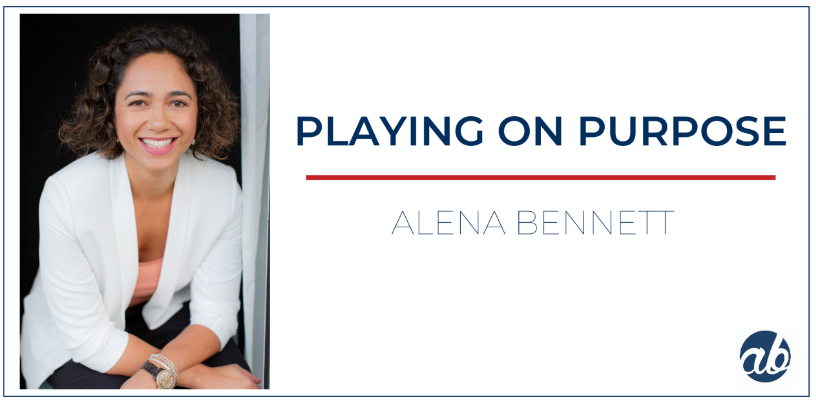Have you done your quarterly review with your team yet?
Generally accepted constructs like quarter-end, year-end, etc, provide us with an opportunity to draw a line in the sand and say 'tomorrow, things will be different'.
I've noticed that the first quarter has passed by many CFOs and their teams quickly and they have moved into the 2nd calendar quarter continuing to deal with:
• talent shortages
• capability gaps
• varying levels of disunity and even dysfunction amongst their executive peers
• a challenging macro economic climate impacting everything from capital to customers.
These issues lend themselves to a reactive team environment whereby a CFO and their leadership are simply dividing and conquering each of these issues separately. This means some CFOs haven't had the opportunity yet to get together with their finance leadership teams for any quality strategic conversations and with the passage of time, silos within the finance team will emerge (or be reinforced).
Most read articles this quarter
Therefore it comes as no surprise that the top 3 read articles this quarter were:
1. How CFOs can create magic for their Finance team
2. How CFOs will get the benefit of simplicity in 2023
3. How have you changed your ways in 2023?
This is insightful because it clearly shows there is a desire by CFOs to do things differently (and better) with their Finance team, whilst keeping it simple.
The bigger issue for CFOs
Which tells me the bigger challenge for CFOs at the moment is implementation of the essentials by their teams so they can focus on bringing innovation and different ways of working into the team.
With the end of financial year fast upon us, composed implementation is critical. So with that in mind, how can you lift your team so they have a strong finish to the financial year?
This week I'd like to share with you the quarterly review process we use with our CFOs and their Finance Leadership teams in case you still need to do yours. I hope you find it helpful.
Learning from the past, reinventing the future
First off we ask ourselves the following:
1. What worked?
2. What didn't work?
3. What are you most confident about?
4. What are you most excited about?
Much like the finance function needs to traverse historical, current and future performance, through these questions, we provide our finance leaders the opportunity to learn from the past, acknowledge and celebrate where they're at in the present and take the energy and learnings into the future.
The power of data
We also ask them to rate on a scale of 1 (lowest) to 10 (highest) the following:
Comfort zone: how much time did we spend out of our comfort zone this quarter?
Time investment: how satisfied are you with how you invested your time this quarter? Did you have the right balance of above and below the line?
Energy charge: how energised are you?
In addition to helping them understand where we're at, by intentionally collecting this data every quarter they can see trends and patterns emerge, which empowers them to make more effective decisions about the coming quarter.
Accountability to implementation
We also have our CFOs and their Finance Leadership Team take personal accountability to their commitment to their work. That is, have they implemented their actions and plans in the way they expected?
You might question why we do this - well, it's because we know that the best laid plans can succumb to the effect of drift when we get distracted by the constant noise that surrounds us.
So we ask them to traffic light their progress: red, amber, green. Again, we're looking at gaining a greater understanding of how we went during the quarter so we can make the appropriate course correction for the upcoming quarter.
The secret to quarterly reviews: don't wait a whole quarter!
Our CFO Boardroom community actually comes together for a 'Half time review' and completes this reflection again. In the first year of the Boardroom, we recognised that a quarter is a long time without an opportunity for intentional reflection and recalibration, so in our second and still in our third year we do this each 6-8 weeks.
I would highly recommend you take this same approach with your FLTs.
When we have a tight planning and reflection cadence we increase the probability of success while still allowing flexibility, learning and continued growth in the process.
What's your Finance team's reflection cadence?
How do you ensure your Finance team implements the learnings so that each quarter you elevate?
What will you do differently this quarter?


